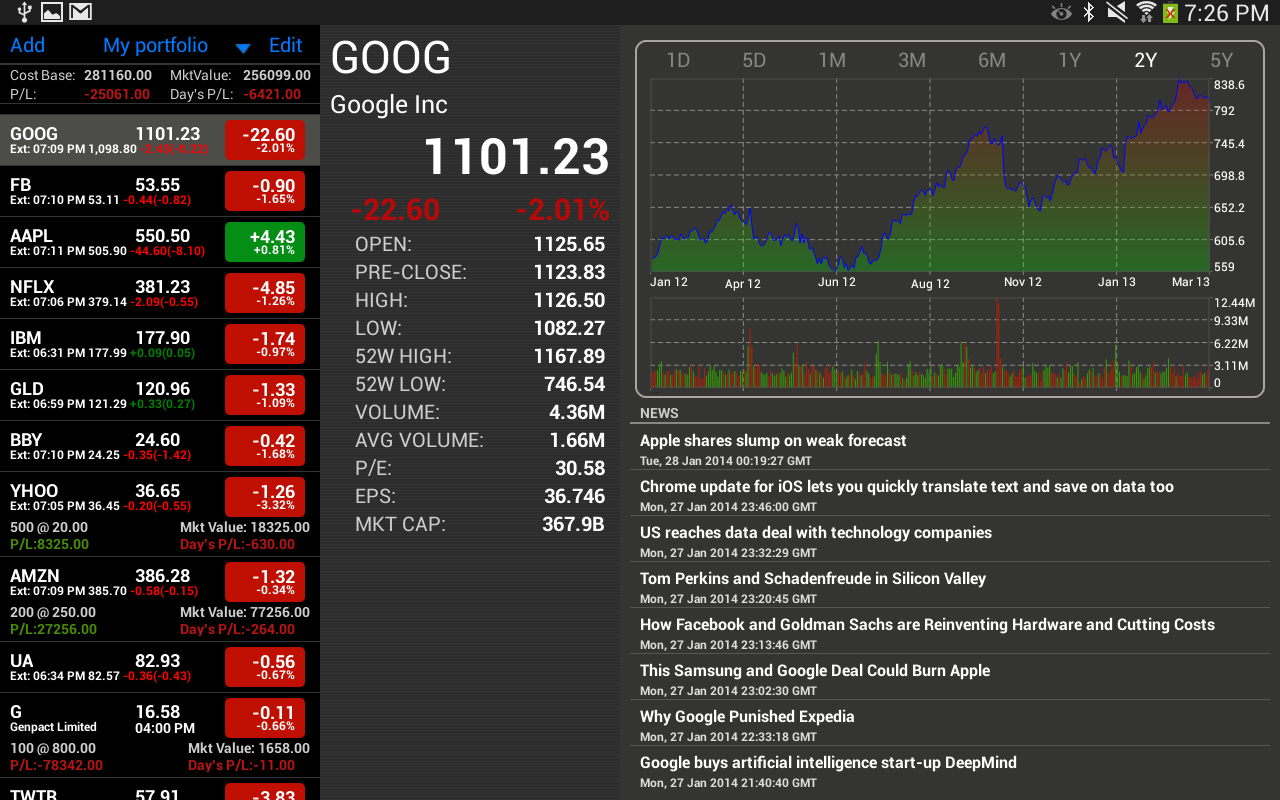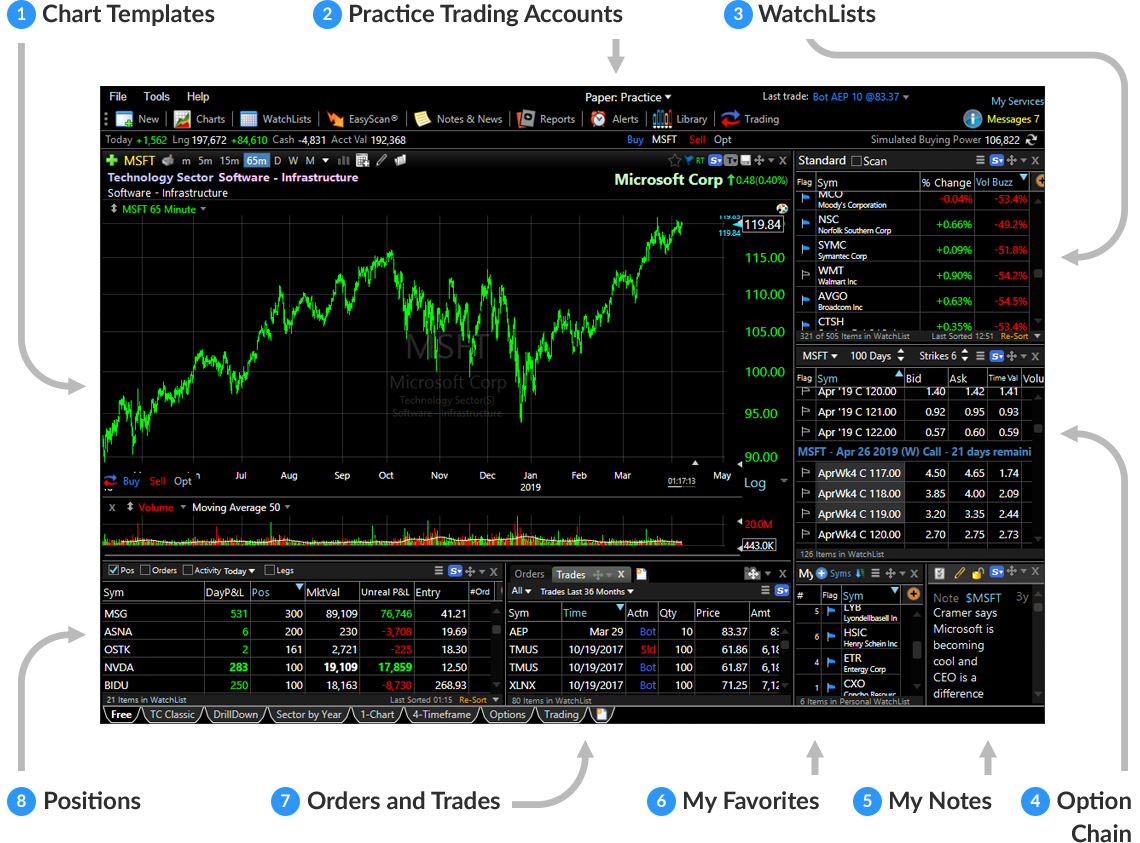Benefits of Live Stock Price Tracking

Live stock price tracking offers a plethora of advantages for investors, empowering them to make informed decisions and navigate the dynamic market landscape effectively.
Tracking stock prices in real-time provides investors with a competitive edge by enabling them to:
Improved Trading Decisions
- Identify potential trading opportunities by monitoring price fluctuations and market trends.
- Execute trades at optimal prices by leveraging real-time data to assess market sentiment and identify favorable entry and exit points.
- Adjust trading strategies in response to changing market conditions, reducing potential losses and maximizing gains.
Enhanced Risk Management
- Monitor risk exposure by tracking the performance of individual stocks and the overall market.
- Set stop-loss orders and take-profit targets based on real-time price data, limiting potential losses and securing profits.
- Identify and mitigate risks associated with market volatility and economic uncertainty.
Stay Informed About Market Trends
- Gain real-time insights into market sentiment and investor behavior.
- Track the performance of specific sectors and industries, identifying emerging trends and potential investment opportunities.
- Stay up-to-date on economic and geopolitical events that may impact stock prices.
Effective Portfolio Monitoring
- Monitor the performance of investment portfolios in real-time, ensuring alignment with financial goals.
- Identify underperforming assets and make adjustments to optimize portfolio returns.
- Rebalance portfolios as needed based on changing market conditions and investment objectives.
Best Practices for Live Stock Price Tracking

Effective live stock price tracking requires a combination of data sources, alerts, and market knowledge. Here are some industry best practices to help you stay on top of the latest stock price movements:
Multiple Data Sources
Relying on a single data source can limit your perspective and accuracy. Utilize multiple data providers to triangulate information and gain a more comprehensive understanding of stock prices. This includes using reputable financial news outlets, stock exchanges, and brokerage platforms.
Alerts and Notifications
Set up alerts and notifications to stay informed about significant price changes or events. This allows you to respond promptly to market fluctuations and make informed trading decisions. Configure alerts based on specific price thresholds, percentage changes, or news triggers.
Market Trend Analysis
Understanding market trends is crucial for effective stock price tracking. Analyze historical price data, economic indicators, and industry news to identify patterns and anticipate future price movements. Utilize technical analysis tools and consult with financial experts to gain insights into market trends.
Company News and Events, Live Stock Price Tracking
Stay informed about company news, earnings reports, and other events that can impact stock prices. Monitor press releases, SEC filings, and industry publications to gather information about a company’s financial performance, product launches, and strategic initiatives.